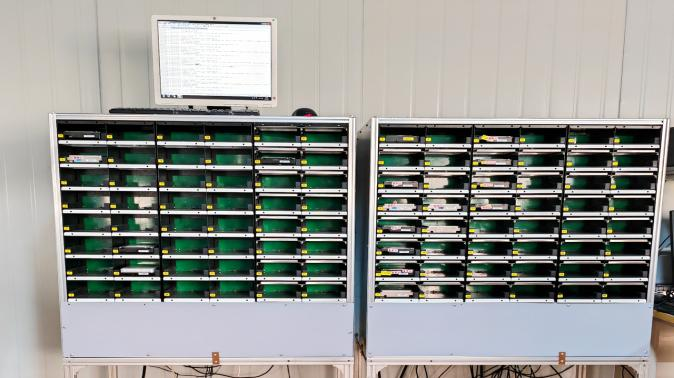In today's fast-paced world, satellite navigation systems have become an integral part of our daily lives. These advanced technologies have revolutionized the way we navigate, providing us with accurate positioning, real-time traffic updates, and a plethora of other benefits. In this blog post, we will delve into the advantages of satellite navigation systems, exploring their impact on various industries and highlighting their significance in our modern society.
- Unparalleled Accuracy:
One of the key advantages of satellite navigation systems is their unparalleled accuracy. By utilizing a network of satellites orbiting the Earth, these systems can determine our precise location with remarkable precision. Whether you are driving in a bustling city or hiking in a remote wilderness, satellite navigation systems ensure you never lose your way. This accuracy is crucial for emergency services, military operations, and even everyday commuters, saving time, resources, and potentially lives. - Real-Time Traffic Updates:
Satellite navigation systems provide real-time traffic updates, enabling users to avoid congested routes and reach their destinations faster. By analyzing data from various sources, including traffic cameras, road sensors, and historical patterns, these systems can accurately predict traffic conditions. This information allows drivers to make informed decisions, saving them from the frustration of being stuck in traffic jams and reducing fuel consumption and emissions. Moreover, businesses can optimize their logistics and delivery operations, ensuring timely and efficient services. - Enhanced Safety and Security:
Satellite navigation systems play a crucial role in enhancing safety and security across multiple industries. In the aviation sector, these systems enable pilots to navigate through adverse weather conditions, avoid collisions, and land with utmost precision. Similarly, maritime navigation systems utilize satellite technology to ensure safe passage, preventing accidents and guiding vessels through challenging waters. Additionally, satellite navigation systems aid in search and rescue operations, enabling authorities to locate and assist individuals in distress, even in remote areas. - Efficient Resource Management:
The advantages of satellite navigation systems extend beyond navigation alone. In agriculture, these systems facilitate precision farming techniques, optimizing the use of fertilizers, water, and other resources. By analyzing soil conditions, weather patterns, and crop health, farmers can make data-driven decisions, increasing yields and minimizing environmental impact. Similarly, satellite navigation systems assist in urban planning, infrastructure development, and disaster management, ensuring efficient resource allocation and effective decision-making. - Global Connectivity:
Satellite navigation systems provide global connectivity, transcending geographical boundaries. Whether you are traveling to a different country or exploring uncharted territories, these systems offer seamless navigation and communication. This global connectivity is invaluable for international businesses, logistics companies, and travelers, fostering economic growth, cultural exchange, and collaboration across borders.
Conclusion:
Satellite navigation systems have transformed the way we navigate and interact with the world around us. With their unparalleled accuracy, real-time traffic updates, enhanced safety features, efficient resource management capabilities, and global connectivity, these systems have become indispensable in various industries. As technology continues to advance, satellite navigation systems will undoubtedly play an even more significant role in shaping our future, enabling us to navigate with confidence and efficiency.


